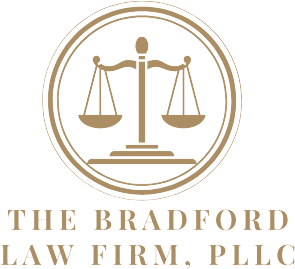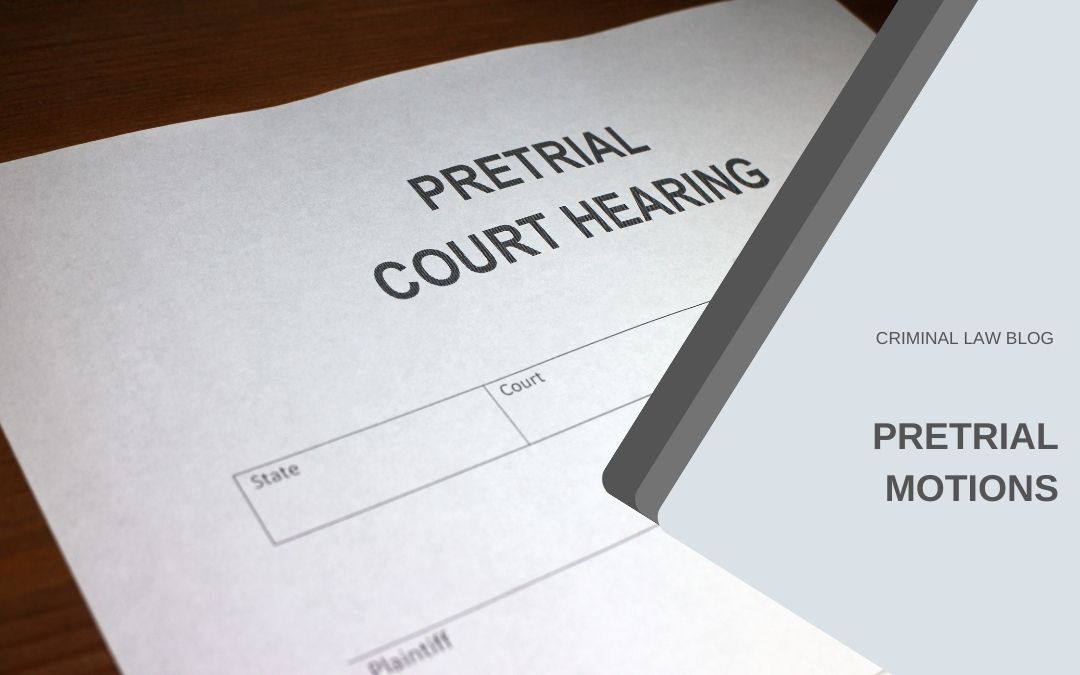Both your defense attorney and the prosecutor can file pretrial motions after the arraignment — where you hear the charges against you.
A pretrial motion is usually a written request filed with the court by either the defense attorney or the prosecutor. Pretrial motions are used to ask the court to make a legal decision on a particular issue before the trial begins. These pretrial motions essentially can establish some boundaries for the trial.
The motions can impact many aspects of the trial, such as the courtroom, trial, evidence, testimony, trial location, or defendants. Additionally, a pretrial motion can be made to end the case called a motion to dismiss.
Some pretrial motions are procedural, such as a motion for an extension, to amend to change a defective warrant, or for a speedy trial (held within 60 days). Other types may impact the trial’s scope, like a motion to consolidate a trial or a joint trial.
Common pretrial motions
Some common pretrial motions that a criminal defense lawyer may file before trial include:
- Motion to modify bail — The defense attorney may ask for the judge to reduce the bail amount.
- Motion to suppress — A defense lawyer may request this motion to restrict some evidence or statements from being introduced at trial.
- Motion to discover — This motion requests that the judge orders the other side to share or release their evidence so each side can prepare.
- Motion to change venue — If your attorney is concerned it will be challenging to get an impartial jury, they can ask for a different location.
Pretrial motions are filed to give you the best chance of receiving a fair trial and beneficial outcome.


